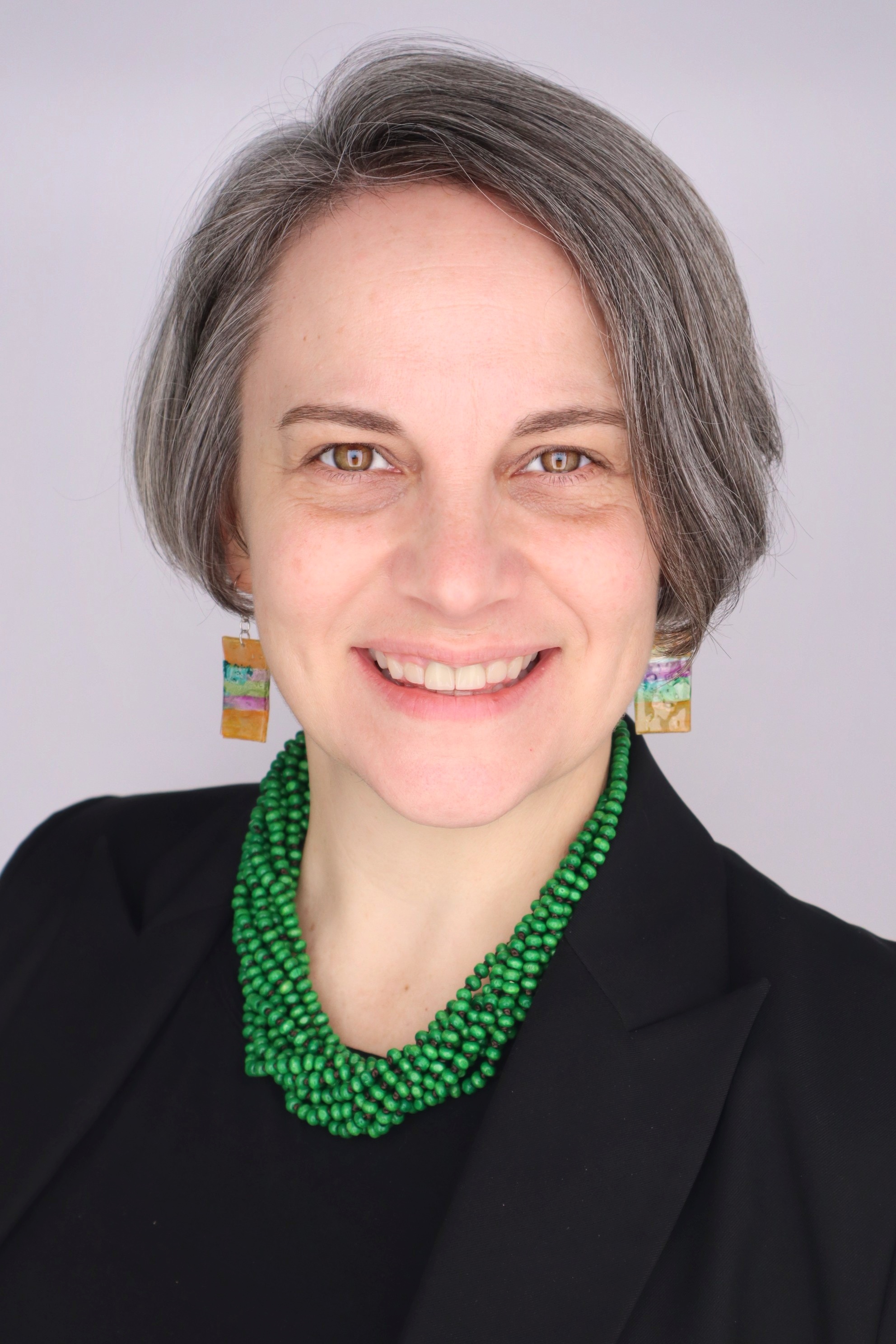Featured Investigator: Tara McKay
 March 2024: Tara McKay, PhD
March 2024: Tara McKay, PhD
Assistant Professor, Department of Medicine, Health & Society
Assistant Professor, Department of Health Policy (secondary)
Associate Director, Vanderbilt Center for Research on Inequality and Health
Associate Director, Vanderbilt LGBTQ+ Policy Lab
Vanderbilt University
Tara McKay is Assistant Professor of Medicine, Health, and Society and affiliated faculty in the Sociology Department at Vanderbilt University. She received a BA in Psychology from Occidental College and MA and PhD in Sociology from the University of California, Los Angeles.
Before joining MHS, Tara was a Robert Wood Johnson Foundation Scholar in Health Policy Research at the University of California, Berkeley and the University of California, San Francisco. Her research and teaching interests include medical sociology, gender and sexualities, global health, and health policy. In much of her work, Tara has addressed the social, political and economic contexts that shape health and health policy with a focus on vulnerable populations in the US and Africa. Her interests in health, sexuality, and policy have prompted studies of: global AIDS policy formation; the role of clinical trials in providing access to basic health care for a subset of the US population; substance use, sexual identity formation and community membership among young African American and Latino gay men in the US; doctor-patient interactions in HIV/AIDS care in the US; relationship-level dynamics among HIV positive bisexual men.
Recently, she has also begun two new projects examining how the Affordable Care Act will affect communities and how social networks affect health among older LGBT populations. Her research has been funded by the National Science Foundation, the National Institutes of Health, the American Council for Learned Societies, among others, and has been featured in Social Science & Medicine, American Journal of Public Health, Culture, Health & Sexuality, AIDS & Behavior.
Q: What are your current research interests?
A: I am the PI of the Vanderbilt University Social Networks Aging and Policy Study (VUSNAPS). This study is funded by National Institute on Aging. VUSNAPS is a cohort study of LGBTQ+ midlife and older adults aged 50 to 76. We began recruitment in 2020 in four southern states: Tennessee, Alabama, North Carolina, and Georgia. The goals of this project are to examine how social networks and policy contexts might exacerbate or buffer the harms of stressful, negative life events LGBTQ+ older adults experience. We now have three waves of survey data and biomarker data for this population, which is very exciting. We are also about to begin collecting objective cognitive functioning the data for this sample. The VUSNAPS study collects such rich data on the aging, health, and life course trajectories of midlife and older LGBTQ+ adults that aren’t collected by other data products out there, which is very exciting and opens a lot of opportunities for expanding research on LGBTQ+ aging. I have ongoing projects looking at drivers of LGBTQ+ disparities in sleep quality, accelerated biological aging, and the effects of having LGBTQ+ affirming healthcare on uptake of preventive care. There are so many opportunities with this sample. Deidentified Wave 1 data are currently available on request and will be available as public use this year.
Q: What organizational challenges have you faced?
A: Doing this work from a more conservative state is often challenging but is also can be very rewarding. Many LGBTQ+ folks in our sample are thriving in Tennessee and across the South despite a host of anti-LGBTQ bills from the legislature. I hope this work will help shine a light on things like the importance of expanding access to LGBTQ+ affirming care, which we find is associated with better healthcare outcomes for LGBTQ adults. Additionally, we can show how LGBTQ older adults have built lives and social support structures that enable them to thrive despite hostile policy environments. We have used this work to work with the mayor's office and other nonprofit and healthcare organizations that want to improve their service provision to LGBTQ older adults in the South.
Q: What advice do you have for trainees and researchers who want to work in this area or are interested in applying for NIH funding?
A: It's really important in for folks working in this space, especially from more conservative states, to find your community. One thing that we have prioritized at Vanderbilt is building that community through the creation of the Vanderbilt LGBTQ+ Policy Lab. The LGBTQ+ Policy Lab supports trainees and faculty working in this space and provides and intellectual community to engage around project troubleshooting and funding challenges. We come together to provide support in the face of hostile state politics and to celebrate each other’s achievements. This space didn’t always exist. We had to build it. And it has grown from three people and a piece of paper to a thriving center with dedicated space, funded trainee lines, and immense institutional support. The LGBTQ+ Policy Lab was recently recognized by NIH as one of the inaugural winners of the NIH DEIA Prize for promoting diversity and inclusion in health research through our training and retention of LGBTQ+ health researchers.